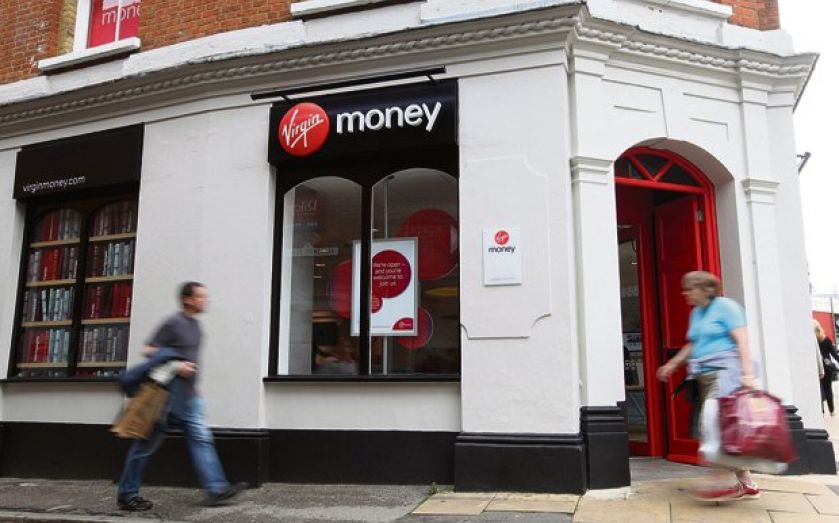Ordinary investors are losing out in the rush for cut-price flotations

THE MASS market British Gas and BT privatisations of the 1980s created a whole new generation of investors and, 30 years on, the next generation is waiting in the wings. With many companies – including high profile public brands – keen to save flotation costs, however, retail investors are being ignored and denied the opportunity to benefit from current floats. The finance industry is in danger of alienating a large swathe of would-be and willing investors.
Most UK equity initial public offerings (IPOs) over the past two years, including big names such as Poundland, the AA, and Zoopla, have been unavailable to private investors, as companies have been advised to launch their shares direct to institutions. While it is undoubtedly cheaper and less onerous to avoid a full retail prospectus, the process is far less cumbersome now than it was in the 1980s, and firms appear to be losing sight of the advantages that a loyal, diverse shareholder base can bring.
Virgin Money’s decision to ignore the potential demand from retail investors also seems somewhat naïve. In its defence, the challenger bank could simply be looking for a quick and easy sale: the time is right, and it could have easily been swayed by institutional investors offering to soak up its shares. But potential retail investors are highly likely to provide a source of new customers for Virgin Money, and admitting the public into its IPO could also generate additional loyalty from existing account holders.
Jimmy Choo is another company which looks set to leave retail investors out in the cold, despite the inherent appeal its brand would have. Companies need to recognise that customer loyalty takes many forms, and the negative impact of overlooking retail investors may well extend far beyond the share price.
In this online age, administration costs should not be a barrier to entry. The days when retail investors had to hand in application forms, pinned to cheques, at bank branches are long gone. If we can cut out much of the red tape currently in the way of companies looking to IPO to a diversified audience of retail and institutional investors, we can further reinforce the UK as a world-leading and equitable market.
With the weight of responsibility increasingly falling on individuals to fund their own financial futures, anything that fires up the public imagination and gets people interested in investing is both good for markets and the economy. This is why we are calling on companies, particularly those that have a high profile brand, to offer retail investors the chance to participate in their IPOs. Companies may discover that the long-term benefits of providing retail investors with the opportunity to get in at the outset, rather than in the secondary market, would far outweigh the short-term costs.
Let’s put the public back into initial public offerings.